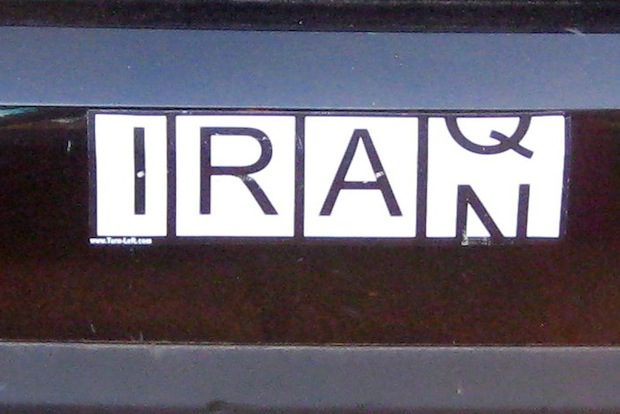Bumper Sticker Foreign Policy and the 2016 Election

Philip Stephens comments on the Republican presidential candidates and foreign policy:
An old friend in Washington, a foreign policy veteran of the Reagan administration, calls this a “bumper sticker” view of the world. He is right.
The chatter in an already crowded Republican field is that 2016 will be a “foreign policy election”.
The potential political advantage of having a “bumper sticker” view of the world is that it can be fairly easy to communicate a simplistic approach to foreign policy during an election. The very things that make the bumper sticker foreign policy so atrocious when it comes to making policy decisions are what can make it appealing through electioneering slogans. The trouble for a candidate with this sort of foreign policy is that the bumper sticker slogans that he thinks the public wants to hear may turn out to be off-putting and annoying. The Republican field generally thinks that the public will be receptive to a message that emphasizes confrontation with other states, hostility to diplomatic engagement, and increased military spending wrapped up in rhetoric about “American exceptionalism” and “leadership,” but this just shows how out of touch with most of the country they still are. The Republican candidates want 2016 to be a foreign policy election because they mistakenly imagine that this gives them an advantage, but there is not much reason to think that an election defined by foreign policy issues benefits their party.
The 2016 field’s relative inexperience is one reason for this. All of the declared and likely Republican presidential candidates have almost no foreign policy experience between them to speak of. That might not be a major problem if most of these candidates demonstrated real competence and expertise on these issues otherwise, but there isn’t a lot of evidence of that, either. Marco Rubio is often described as having a stronger grasp on these issues than his competitors, but as Michael Brendan Dougherty pointed out yesterday his reputation for expertise is greatly exaggerated. Hawks are inclined to believe that Rubio has a foreign policy advantage as a candidate for the same reason that most Republican candidates think their party will have an advantage in the general election: they mistakenly believe that voters are craving a more aggressive and interventionist foreign policy than the one we have now. That still isn’t true of the electorate as a whole, and it probably won’t be true of a large number of Republican voters as well.
A candidate with little or no foreign policy experience is likely to opt for a “bumper sticker” view of the world. That keeps the candidate from making too many egregious errors and keeps him away from talking about these issues in great detail, and it gives him some ready-made soundbites that voters can identify with his campaign. That can succeed in an election when these issues are a very low priority for the electorate, but it is harder for an unprepared presidential candidate to be taken seriously when voters are paying much closer attention to what the candidate says on foreign policy. The less important foreign policy is to an election, the easier it is for inexperienced candidates to persuade voters that they can be trusted with the presidency. The assumption that 2016 will be a foreign policy election is based on the belief that conflicts and disorder elsewhere in the world will loom large in the thinking of voters next year. If that’s right, it isn’t good news for the Republican field.
Comments